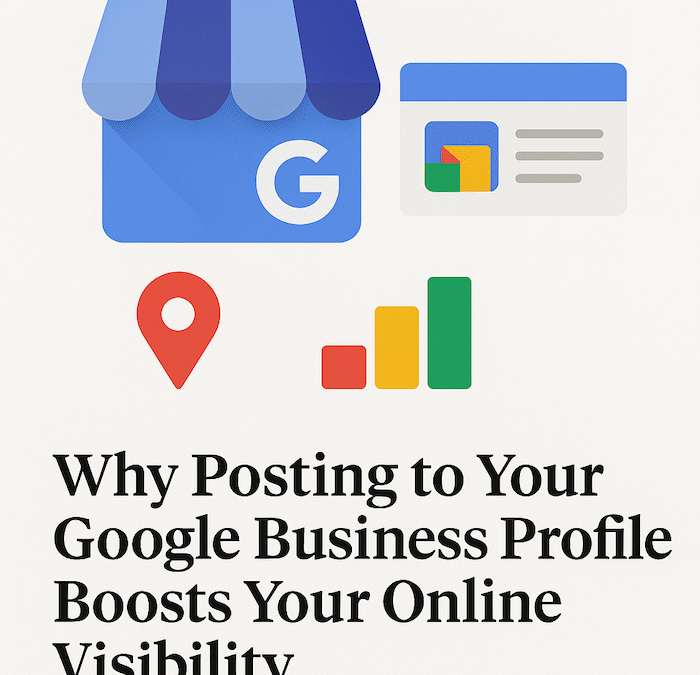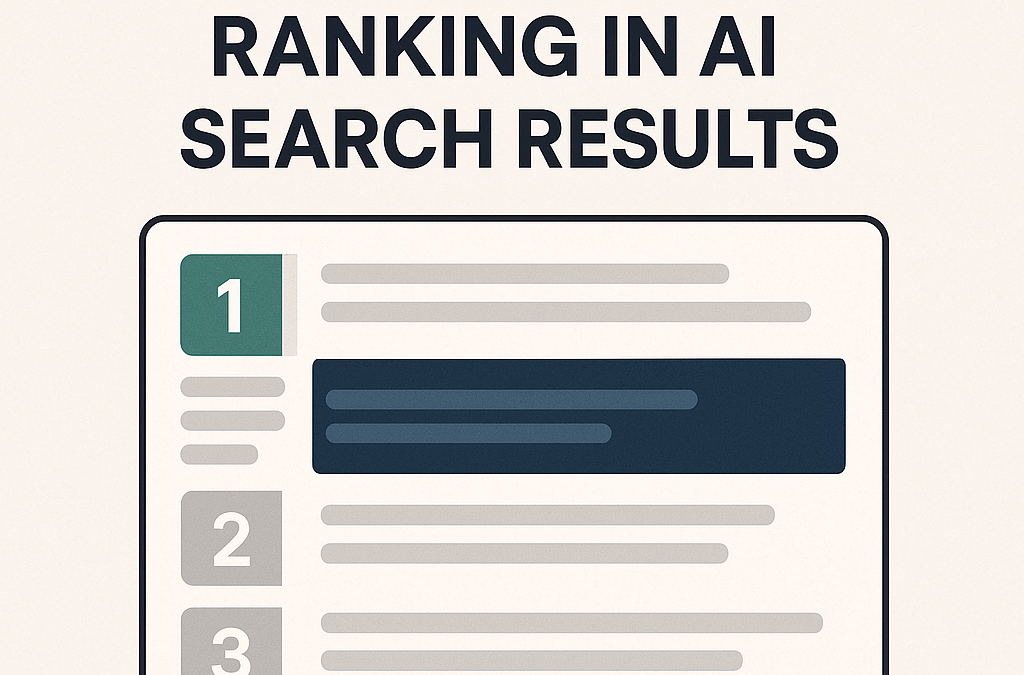Blog posts are important medium for sharing information, and a key component of content marketing. But getting your blog content to rank well In Google can be tough. Optimizing content for SEO is the key to obtaining strong keyword rankings and growing your blog. Here are seven ways to help improve your blog content rankings in Google.
1. Utilize Keywords
Keywords are the backbone of content marketing. As a result, your content needs to be keyword-rich. Using tools such as SEMRush can help you perform keyword research to determine which keywords and topics to choose for your blog.
Make sure to use related and secondary keywords, and to build value around that content. In other words, make sure you are answering a question, solving a problem, or providing advice that will motivate someone to click through to your blog post, and read the article.
2. Create Specific Personas
Blog posts are written for specific audiences. So, when you write content, ensure your audience is the main priority. If you’re blogging about marketing strategies, ask yourself how your audience will benefit from this information. Create something that is appealing to the audience. Keep in mind who the reader is, a business person, a customer, etc., and write with them in mind.
The persona you target will affect aspects of your blog post such as tone, style, and even information shared. Make sure to tailor the information presented accordingly.
3. Increase Page Speed
When it comes to website rankings, page speed is an important factor of SEO, especially if you have a lot of content on your page. The more content you have, the longer it takes to load. The three main culprits are bloated code, heavy images, and heavy videos. It’s important to use clean code, but to also use small file sizes, embed videos (with Youtube or Vimeo HTML code), and be conscious of how large the file size of various pages on your website are. Always analyze your page speed using Google’s PageSpeed Insights to be sure you have a good score, which is typically 90/100 or higher.
4. Optimize Images
Images can bring in a lot of traffic. The visual impact of images is extremely powerful and helpful to Google rankings. Make sure to name files with relevant keywords, and to assign alt text to each image. When you write a blog post, you should include at least one image at the top of the page, reduced to an appropriate size of course, and make sure it has the attributes mentioned above. If you’re including a video, as previously noted, it should be embedded with HTML code; never upload a video file to a page on your site.
5. Use Backlinks
Backlinks will help your site and blog rankin in Google searches. Backlinks are links that bring web traffic from other blogs, websites, and search engines to your blog. Ideally, content you create will be informative and become a source of information. If that happens, other sites will organically link to your website as an authoritative site the same way one might link to Wikipedia. The more quality links you have pointing to your site, the better odds you have of your website or a particular page ranking.
Sharing your blog post on social media can help drive organic traffic. And performing outreach to other bloggers in your field with guest blog post ideas that include a link back to your blog.
6. Increase Dwell Time
Dwell time is when people stay on a page for a certain duration before returning to the search engine results page. If you want people to read and engage with your content, you need them to stay on your page for at least two minutes. When you have a lot of content, it’s important to have short but quality blog posts so people take the time to read them. It also depends on what your goal is. To achieve a dwell time that will lead to top Google rankings, always write a good and catchy introduction that will encourage the reader to not leave the site, and make sure to include headings for easier reading.
7. Reduce Bounce Rate
Bounce rate is the number of visitors who land on your page and immediately leave. You need to reduce this number as much as possible. To get people to spend more time on your blog, you need to ensure that you provide them with high-quality content. If people are bouncing from your site, the content isn’t appealing enough, or relevant enough, to hold their interest. You can check your site’s bounce rate in Google Analytics, but the average bounce rate is 70 to 90%. And a good bounce rate for a blog is around 70%.
Take the Next Step
If you’re interested in learning more about how Sky SEO Digital can help your business achieve its goals, contact us today to get started. We’re available for complimentary consultations, and can prepare a customized proposal for you, to meet your specific needs.









